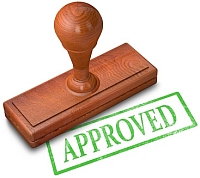For a landlord, a well worded permitted use clause or definition allows you to maintain effective control over the premises and the way it will be used.

A well-worded permitted use clause provides balance between the interests of the tenant and the landlord.
You can make the permitted use as specific or as open as you wish.
If the permitted use clause is too broad, for example: “Any use permitted by law” or “industrial use”, then you may find yourself confronted with a use that you are not comfortable with!
If the permitted use is too narrow, then the tenant may be placed in a disadvantageous business position and find it difficult to organically expand and grow their business.
A good permitted use clause allows the landlord to create certain boundaries, while at the same time balancing the interests of the tenant to grow and expand their business.
Altering the Permitted Use Clause
The tenant will need to obtain consent if s/he wishes to change or expand a permitted use that is specific or limited. This gives the landlord a degree of control over what business activities are being conducted from the premises and what the building is being used for.
A tenant should seek consent by submitting a request in writing to the landlord. If the landlord agrees, the change to the permitted use should be documented by way of a standard Amendment to Lease Agreement (sometimes referred to as a variation of Lease).
If the Lease is ever assigned, any new tenants will be bound to the permitted use, unless the landlord consents to change it.

